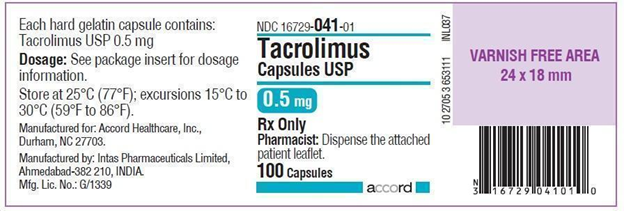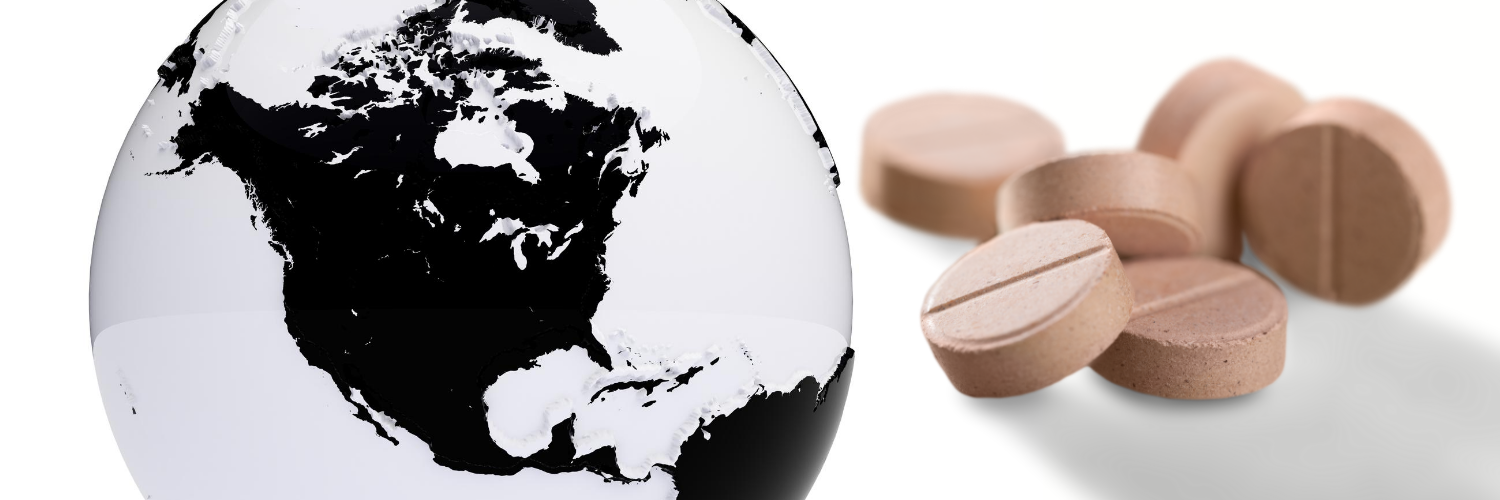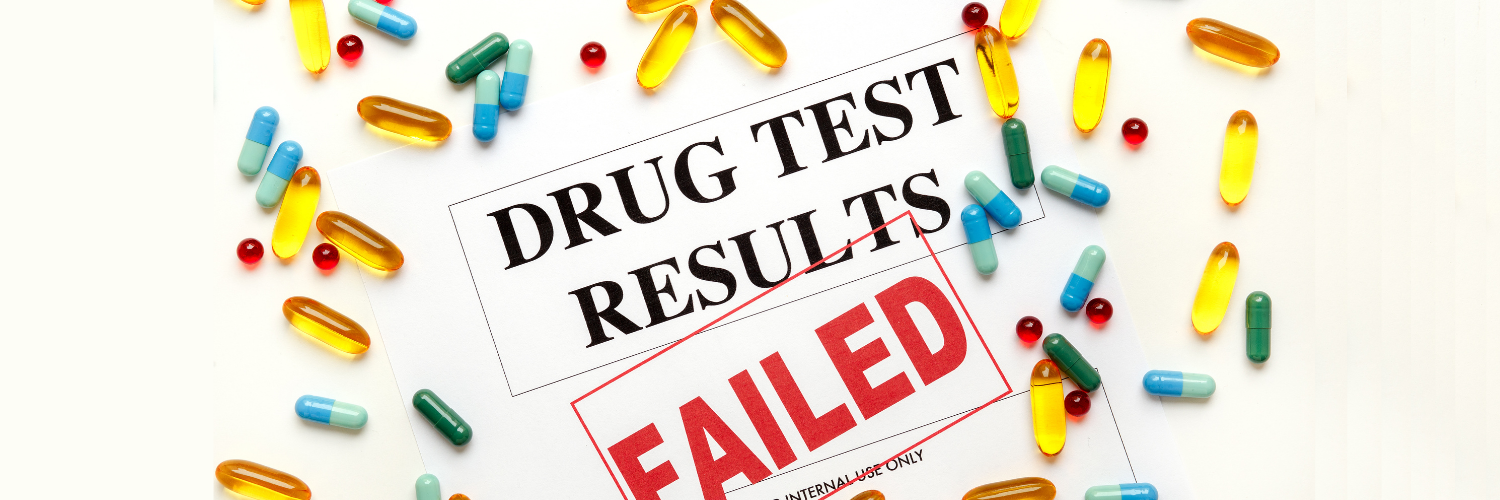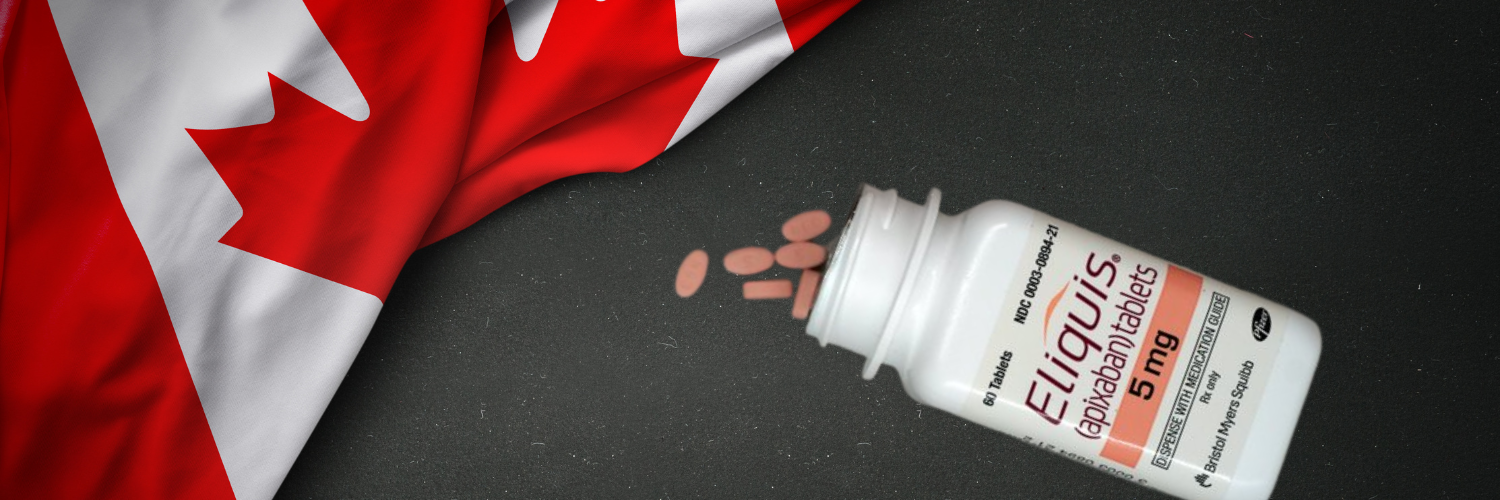How can patients cut costs on organ transplant immunosuppressant (anti-rejection) medications?

According to the American Society of Transplantation, 72% percent of liver transplant patients, 65% percent of heart transplant patients, and 59% percent of lung transplant patients are not insured with Medicare when they undergo transplant surgery. This sweeps patients up in a tornado of worry: not only do they have to deal with the inevitable anxiety that goes along with major surgery, but now they have the added concern of actually affording the anti-rejection medications afterwards. The reason is that anti-rejection medicines are not always covered for people who undergo transplants before they are on Medicare. That means people have to pay for it out-of-pocket.
How much do anti-rejection/ immunosuppressant drugs cost per month?
Organ transplants are very expensive procedures that can cost over a million dollars for certain procedures. It doesn’t end there: the lifelong immunosuppression medications can be expected to cost around $5,000 - $7,000 a month per organ transplant patient. This monthly cost can change based on factors like insurance coverage and patient assistance programs.
Patients often must take up to 10 medications for a period of time after the procedure. Then, the number of medications may gradually decrease, but not for all patients. Some organ transplant recipients will be on certain immunosuppression medications for life.
Are anti-rejection drugs covered by Medicare?
The Medicare website clearly states the following:
Medicare won't pay for any services or items, including transplant drugs, for patients who aren't entitled to Medicare.
Patients enrolled in insurance outside of Medicare during their transplant surgery must purchase their anti-rejection medications through Medicare Part D, which is operated through health insurance companies that do not pay for anti-rejection medications that are not FDA-approved for specific transplant patients.
This means that even though an anti-rejection medication is endorsed for certain transplants by healthcare providers, Medicare does not have to pay for it because it does not have FDA approval for a specific organ transplant.
How to Save Money on Anti-Rejection Drugs if You Are Uninsured
For patients who are on Medicare at the time of an organ transplant, anti-rejection drugs are covered by Medicare for the rest of their lives. However, the majority of organ transplant patients are younger and not fortunate enough to qualify for Medicare.
Save with Patient Assistance Programs
Patients can find assistance programs for organ transplant drugs on PharmacyChecker.com.
Organ Transplant Medication Savings at Local U.S. Pharmacies and Online Pharmacies Located in Other Countries
Organ Transplant medications are legally manufactured and available for sale in other countries and can be purchased from verified online pharmacies. You can search verified pharmacies that list prices on PharmacyChecker.com. You can also print our U.S. Prescription Discount Card to use at U.S. pharmacies.
Please see the chart below to compare local vs. international prices of common organ transplant medications.
| Discount Prices for Anti-rejection Medications in the U.S. and Abroad | ||||
| Drug Name | Strength | Quantity | Lowest U.S. Pharmacy Price using the U.S. Prescription Discount Card | Lowest Price using PharmacyChecker-verified International Online Pharmacies |
| Tacrolimus (Prograf) | 1mg | 100 | $69.92 | $133 |
| Azathioprine (Imuran) | 50mg | 100 | $75.88 | $41.98 |
| Mycophenolate Mofetil (Cellcept) | 500mg | 100 | $24.58 | $64.99 |
| Cyclosporine (Neoral) | 100mg | 30 | $222.07 | $74.75 |
| Mycophenolate Sodium | 360mg | 120 | $1,363.45 | $196 |
| Sirolimus | 1mg | 100 | $1,192.26 | $120 |
| Tacrolimus (Envarsus XR) [Brand Only] | 1mg | 100 | $535.58 | $400 |
| Azathioprine (Azasan) [Brand Only] | 100mg | 100 | $787.98 | N/A |
| Tacrolimus (Astagraf XL) [Brand Only] | 1mg | 30 | $154.86 | $132.85 |
| Everolimus (Zortress) [Brand Only] | 0.25mg | 60 | $558.09 | $175 |
| Sources: Prices collected April 2019. Local U.S. pricing gathered from lowest price available in conjunction with the U.S. Prescription Discount Card in the 10605 ZIP Code; International pricing gathered from lowest price available from PharmacyChecker-verified online pharmacies. | ||||
Azathioprine (Imuran) 50mg is priced as low as $1.33 per tablet at a verified international pharmacy—a 45% discount vs. Azathioprine (Imuran) sold in the U.S.
Cyclosporine (Neoral)100mg is priced as low as $2.48 per tablet at a verified international pharmacy—a 66% discount vs. Cyclosporine (Neoral) sold in the U.S.
Mycophenolate sodium 360mg is priced as low as $1.63 per tablet at a verified international pharmacy—an 86% discount vs. Mycophenolate sodium sold in the U.S.
Sirolimus 1 mg is priced as low as $1.20 per tablet at a verified international pharmacy—a 90% discount vs. Sirolimus sold in the U.S.
Tacrolimus (Envarsus XR) 1 mg is priced as low as $4 per tablet at a verified international pharmacy—a 25% discount vs. Tacrolimus (Envarsus XR) sold in the U.S.
Tacrolimus (Astagraf XL) 1mg is priced as low as $4.42 per tablet at a verified international pharmacy—a 14% discount vs. Tacrolimus (Astagraf XL) sold in the U.S.
Everolimus (Zortress) 0.25mg is priced as low as $2.91 per tablet at a verified international pharmacy—a 69% discount vs. Everolimus (Zortress) sold in the U.S.
Do all organ transplants need anti-rejection medication? Why do organ transplant patients need anti-rejection medication?
Currently after an organ transplant all patients need their anti-rejection medications regardless of what type of transplant they received. Without these medications, the body can start rejecting the transplanted organ and this may lead to death. It’s critical that patients use them.
Without these medications, the body’s immune system starts to attack the new organ because it is foreign to the body. This leads to the “rejection” that the immunosuppression medications prevent.
How long do you have to take immunosuppressants after a transplant?
Patients who have had an organ transplant can expect to be on many medications for the first 6 months after the procedure. Afterward, the amount of immunosuppressant medications may gradually decrease. Yet some patients may be on medicines for the rest of their lives in order to prevent their body from rejecting the new organ.
How do you prevent organ transplant rejection?
The best way to prevent an organ transplant rejection is to set a routine and remember to take your immunosuppressant medications daily.
Tips For Remembering to Take your Medications:
1. Learn the name of all your medications and what each one does. When you know the importance of each drug you will be less likely to forget it. 2. Use a pill box or organizer to know exactly what medications you need to take each day and it’s easy to transport when traveling. 3. Take your medications the same time everyday so it becomes your healthy habit. 4. Keep a list of all your medications in case you are in an accident or unconscious.
Symptoms of rejection can include the following:
o Pain/swelling over the transplant site o Fever or flu-like symptoms (nausea, vomiting, diarrhea, chills, body ache, fatigue, dizziness and headache) o Heart rate changes o Gaining weight o Urinating less
Call your health care provider as soon as you experience any of the above symptoms.
What are the side effects of anti-rejection drugs?
Side effects can vary for each drug, but the most common side effect with anti-rejection medications is upset stomach. Other side effects include vomiting, nausea, headache, diarrhea, increased blood pressure, increased cholesterol levels, puffing of the face, weight gain, hair loss, difficulty sleeping, acne, and swelling of hands and feet.
Where are immunosuppressant anti-rejection meds manufactured?
Here are the manufacturing locations of some commonly-prescribed anti-rejection medications.
Packaging of Tacrolimus sold in the U.S. shows that it is made in the United States and India.
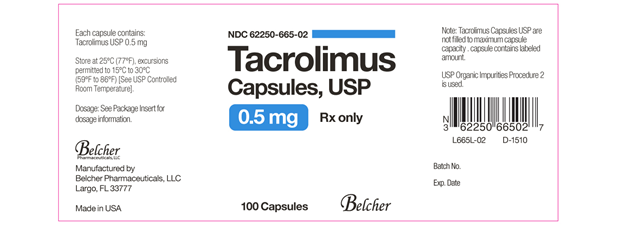
Packaging of Azathioprine sold in the U.S. shows that it is made in India.

Packaging of Cyclosporine sold in the U.S. shows that it is made in India.
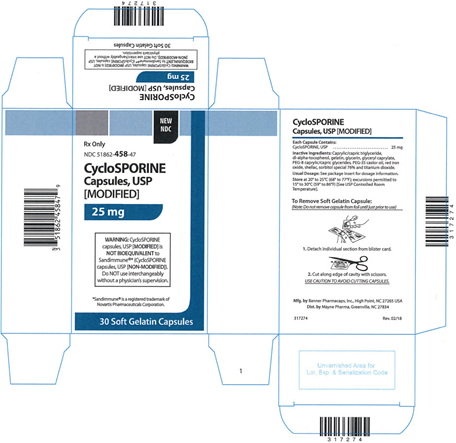 Read more on Ask PharmacyChecker
Read more on Ask PharmacyChecker
How can patients deal with drug price increases?
Why are drug prices so different at different pharmacies?
How can patients get a paper prescription so we can buy meds from Canada? Everyone is e-prescribing!
Do you have questions or concerns about ordering your anti-rejection medicines online? We’re here to help.
Comment below or ask a question by logging in to My PharmacyChecker.


